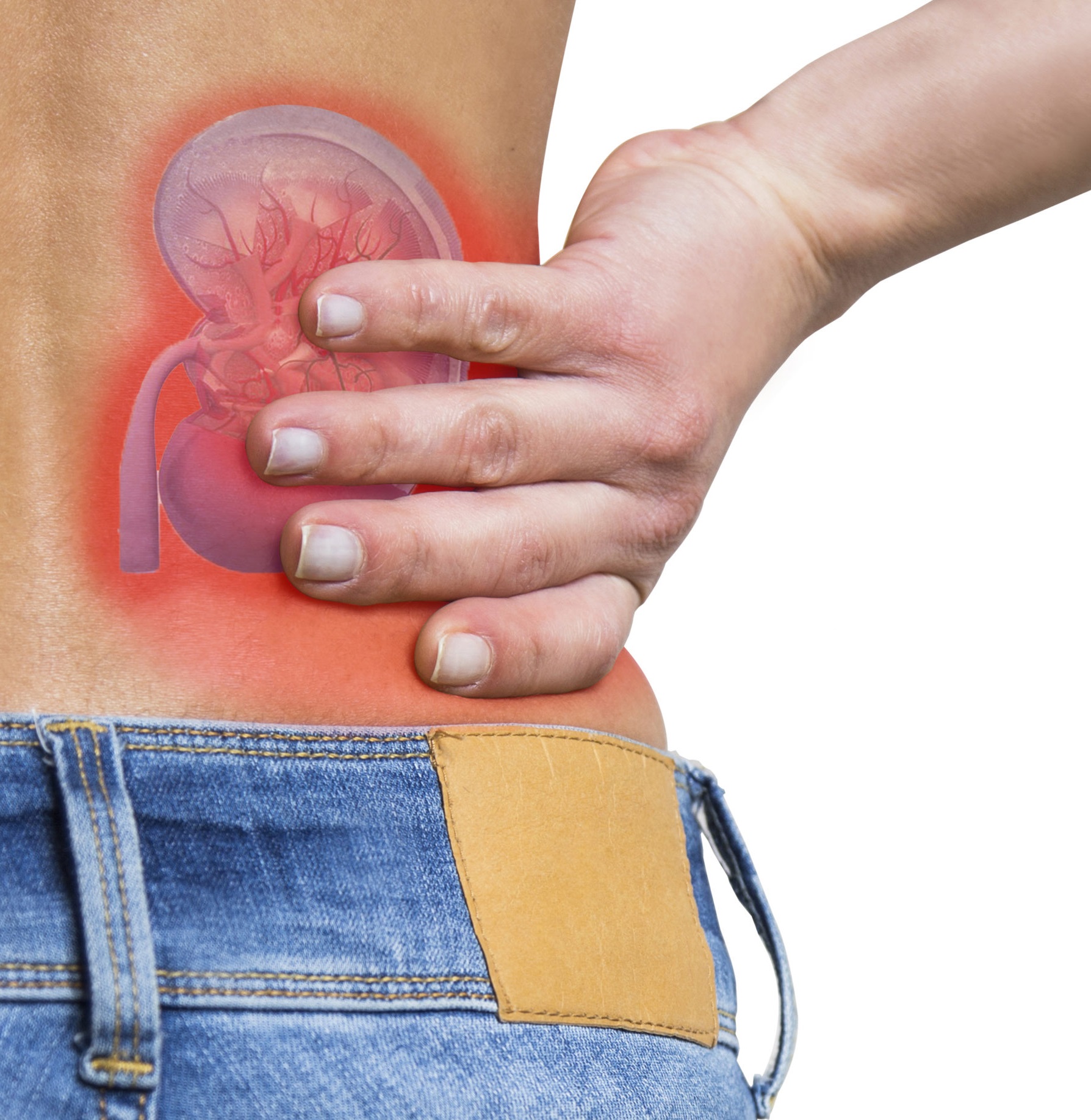
Our kidneys play a crucial role in maintaining our overall health. They not only regulate blood pressure but also filter waste and extra fluid from our bodies. However, when our kidneys are not functioning properly, it can lead to kidney disease, which, if left untreated, can have serious consequences.
To ensure early detection and prevent irreversible damage, it is essential to recognize the symptoms of kidney disease. In this article, we will discuss the top 12 signs of kidney illness that you should be aware of. Identifying these symptoms can help you take proactive steps towards protecting your kidney health.

One of the earliest indicators of kidney disease is a change in urinary function. You may notice a significant increase or decrease in the amount of urine you pass. Pay attention to the color of your urine as well, as darker urine can be a sign of trouble. Make it a habit to track your daily bathroom visits and take notes if you observe any changes in your urine function.
Experiencing pain or pressure while urinating or having trouble emptying your bladder could be a sign of a urinary tract infection. It is important to address this issue promptly, as untreated infections can spread to the kidneys and cause further complications.
The presence of blood in your urine is an alarming sign of renal dysfunction. If you notice this symptom, it is crucial to consult with a doctor immediately, as blood in the urine has been linked to various bladder malignancies.
Healthy kidneys are responsible for removing waste and extra fluid from our bodies. When they are unable to do so effectively, the body starts to retain waste and fluid. This can lead to tightness in the hands and ankles, facial puffiness, and swelling in the feet and ankles.
The bladder and kidneys are closely connected, and when the kidneys are compromised, the bladder is the first organ to be affected. Excessive fluid and waste accumulation can result in edema, which manifests as swelling throughout the body.
Healthy kidneys produce a hormone called erythropoietin, which supports the production of red blood cells responsible for carrying oxygen. When the kidneys are not working properly, the production of this hormone decreases significantly. Consequently, a decline in red blood cells can lead to fatigue and overall exhaustion.
Insufficient oxygen reaching the brain due to kidney-related tiredness can cause lightheadedness and difficulties with concentration. When the brain lacks oxygen, thought processes become slower, resulting in unsteadiness and trouble focusing.
Anemia, a condition caused by the loss of red blood cells, can occur in individuals with kidney disease. This can make you feel cold even in warm environments. Additionally, kidney-related pyelonephritis can cause fever and chills.
Kidney disease and failure can result in the accumulation of waste in the blood. This can cause skin rashes and intense itching. While rashes can be mistaken for other conditions like allergies, it is essential to consider kidney health as a potential cause.
Kidney failure can cause an increase in urea levels in the blood. As a result, urea is converted into ammonia in the saliva, leading to bad breath with a urine-like smell. Nausea and vomiting can also occur due to the buildup of waste materials in the body that need to be eliminated.
In advanced stages of kidney disease, fluid accumulation in the lungs can lead to shortness of breath. Additionally, anemia, another kidney-related condition, can deprive the body of oxygen, further affecting normal breathing patterns.
It is important to note that experiencing any of these symptoms does not necessarily mean you have kidney damage. Many of these signs can be associated with other illnesses and infections. However, if you do notice any of these symptoms, it is crucial to investigate further and consult with your doctor. Taking timely action can potentially help save your kidneys and preserve your overall health.






